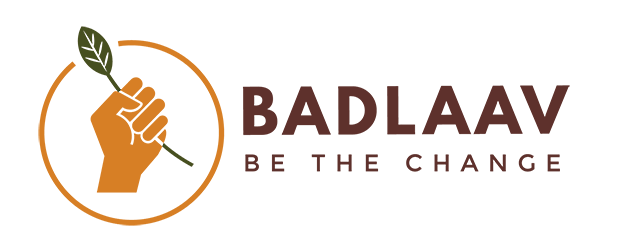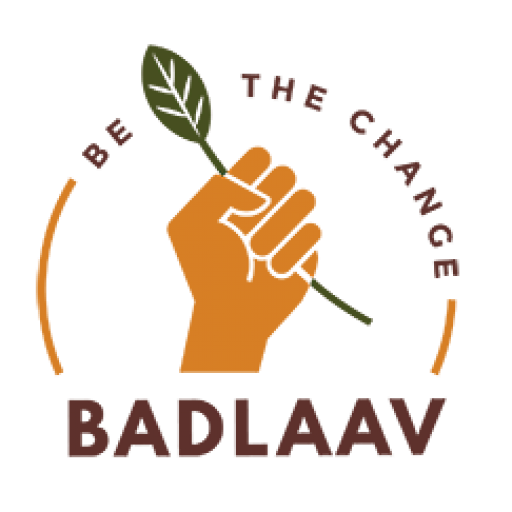25th March 2020 – India goes into a nation-wide lockdown. In an attempt of preventing an explosion of coronavirus cases, the citizens are urged by Prime Minister Narendra Modi to make a conscious effort to stay home, stay safe. Staying home is an act of sensibility. However, the downside has been an immediate and rapid escalation in the waste generated by households. Waste generated at the business level declines, however, the pandemic has given rise to the production of large amounts of medical waste.
While labourers flee the city or are unable to make it to work due to suspended transport facilities, garbage collection remains a huge challenge for urban India. Non-removal of waste can have devastating consequences for our communities. According to estimates by the World Health Organisation in 2012, 25% of total global deaths (12.6 million people) were as a result of living or working in an unhealthy environment. Unsanitary conditions due to poor waste management is a sure-shot way for diseases to arise and spread rapidly amongst communities. While hospitals across the country currently tackle the COVID-19 cases, it is more important than ever for us to ensure cleaner surroundings to prevent the rise of diseases like Influenza and Tuberculosis.
Understanding the urgency of the situation, the Pune Municipal Corporation undertook steps to ensure timely and effective removal of waste.
A timetable has been set for pick-up of different kinds of waste on different days.
Plastic is collected on Mondays, e-waste on Tuesdays, medical waste on Wednesdays, metallic/paper on Thursdays and clothes/textiles on Fridays. Moreover, in an attempt to take advantage of the prevailing situation, the people of Pune are encouraged by civic bodies to inculcate the habits of ‘segregation at source’. The Pune Municipal Corporation poses as an example of a reformed waste management system.
As socially-aware and responsible citizens, we can be mindful of our consumption by cooking efficiently, limiting scrap/waste generation, and by ensuring ‘segregation at source’. Segregation of waste is at the forefront of efficient waste management. It makes it easier for the workers who are hard at work, to handle recycling, incineration & composting. Composting at home is another great way to bring down high volumes of waste transported to landfills. Moreover it is great for the environment and a wonderful way to add colour to our homes. It reduces civic costs for waste collection and thereby reduces fuel usage.
We must understand the severity of the issue and keep in mind Pune’s prompt action regarding waste management as an example of effective decision-making and cooperation. Collective effort and support from our communities will ultimately help India to get through this lockdown and build a solid foundation for the times ahead.

